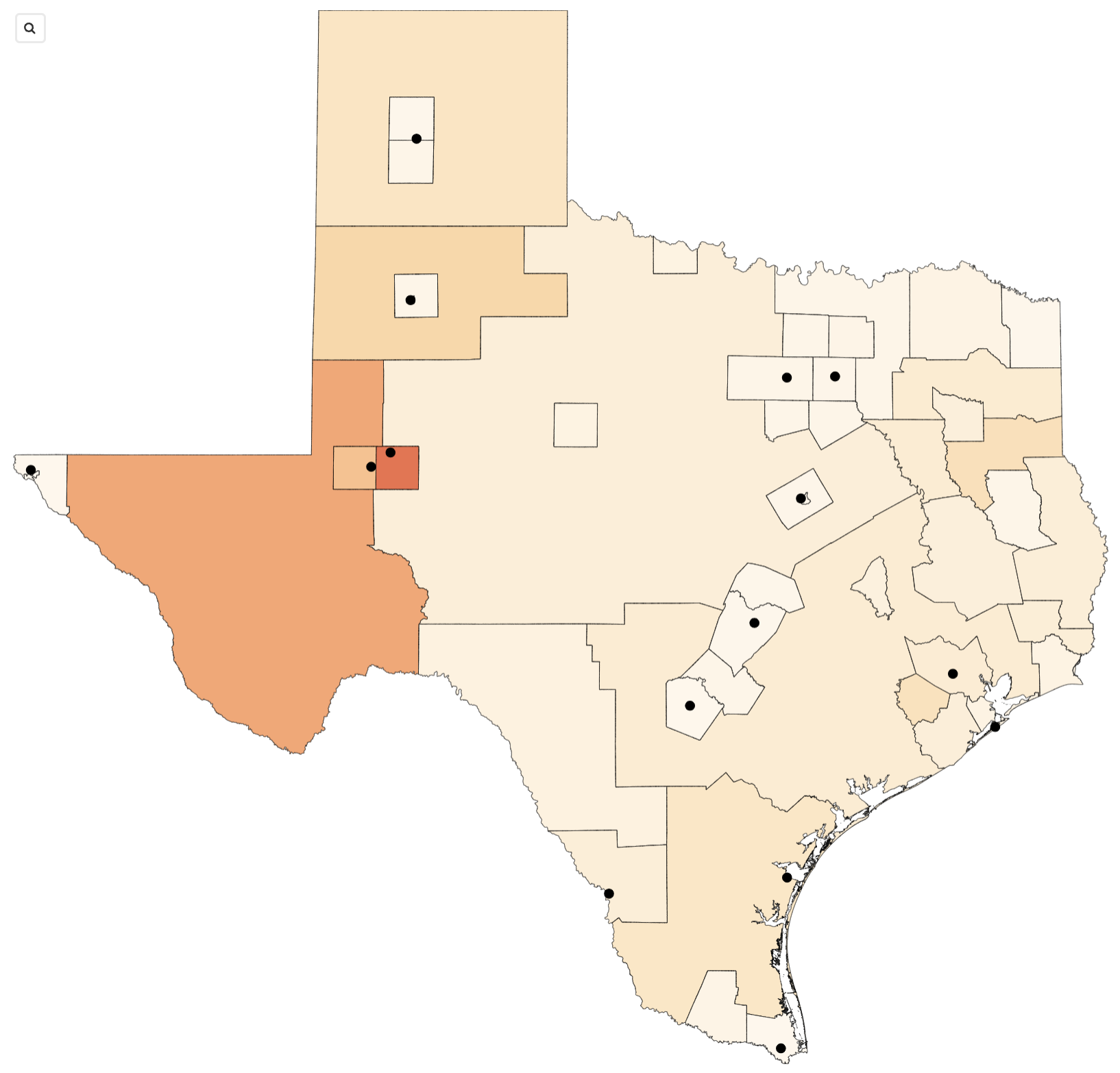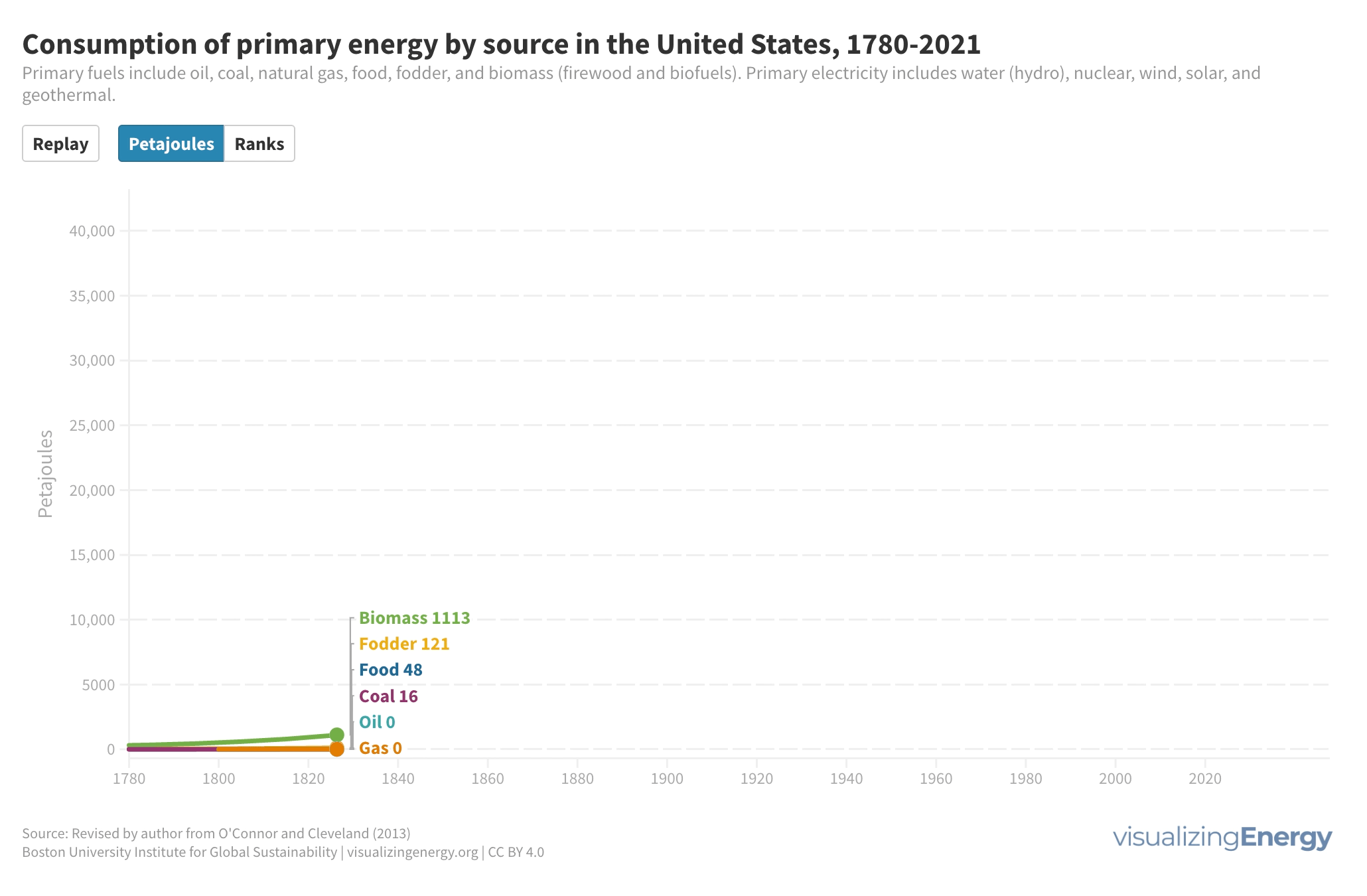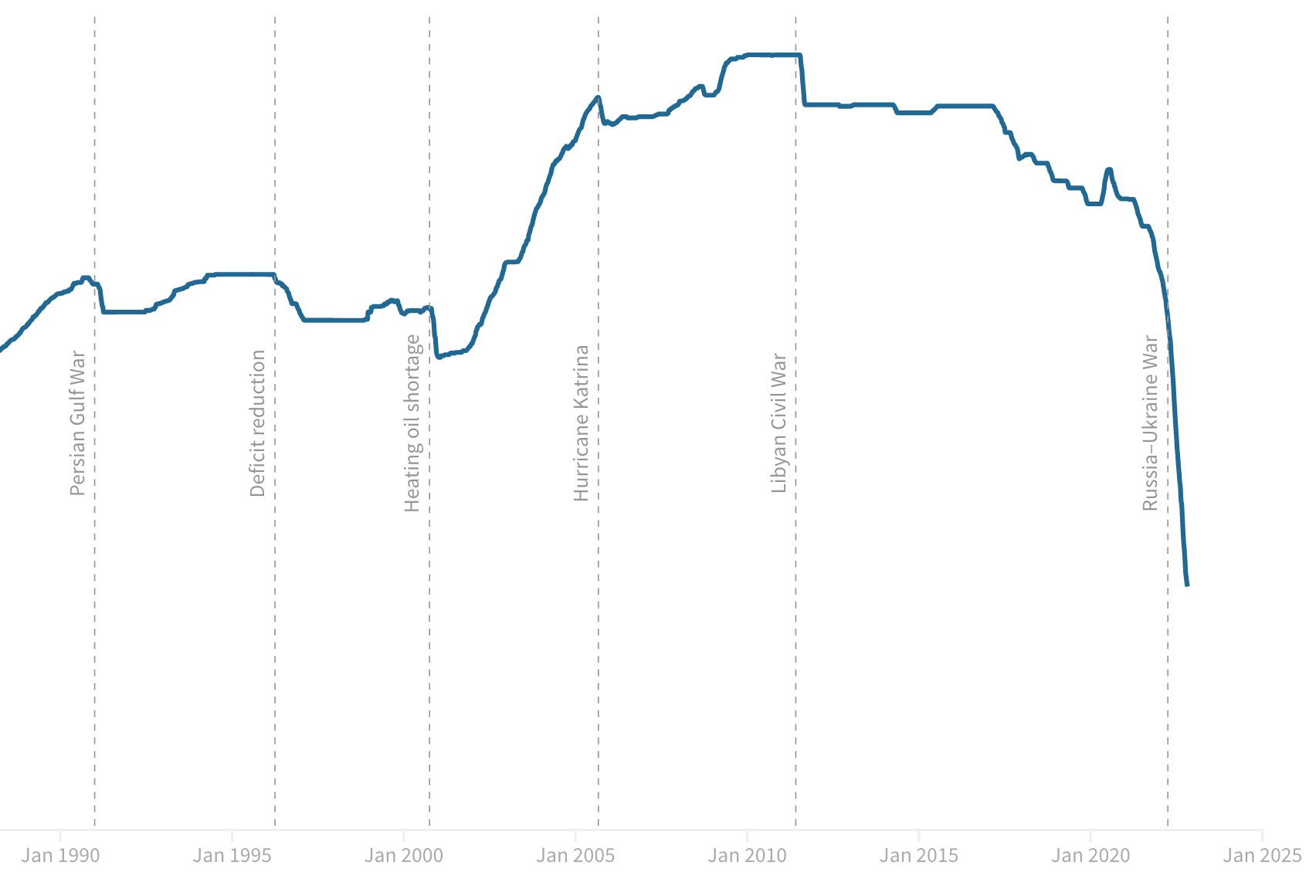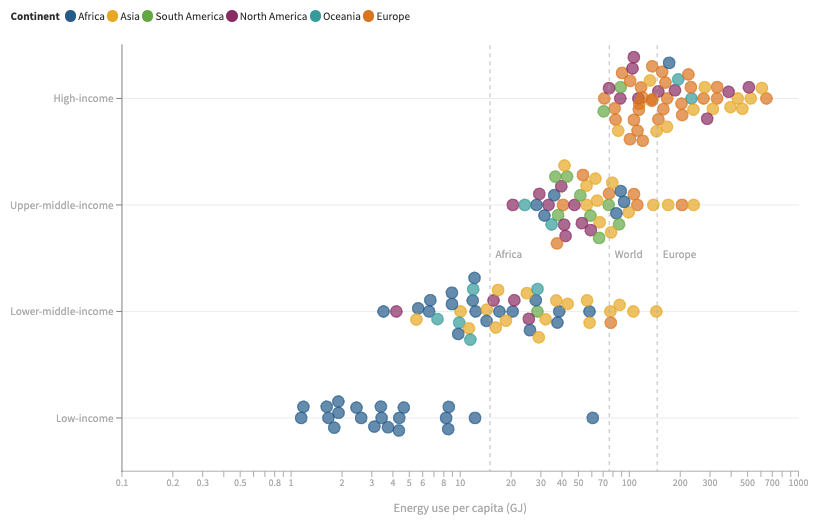
Who benefits from energy booms? The case of fracking in Texas
Texas has emerged as a prominent oil and gas producer, ranking as the fifth largest oil producer globally if it were its own country. The development of fracking technology and a surge in oil prices led to a significant increase in oil and gas production in Texas from 2000 to 2014. However, the distribution of employment gains during this boom varied across gender, race, and ethnicity. The Texas example underscores the importance of ensuring an equitable distribution of economic benefits in energy systems, especially as governments incentivize low carbon energy initiatives.



